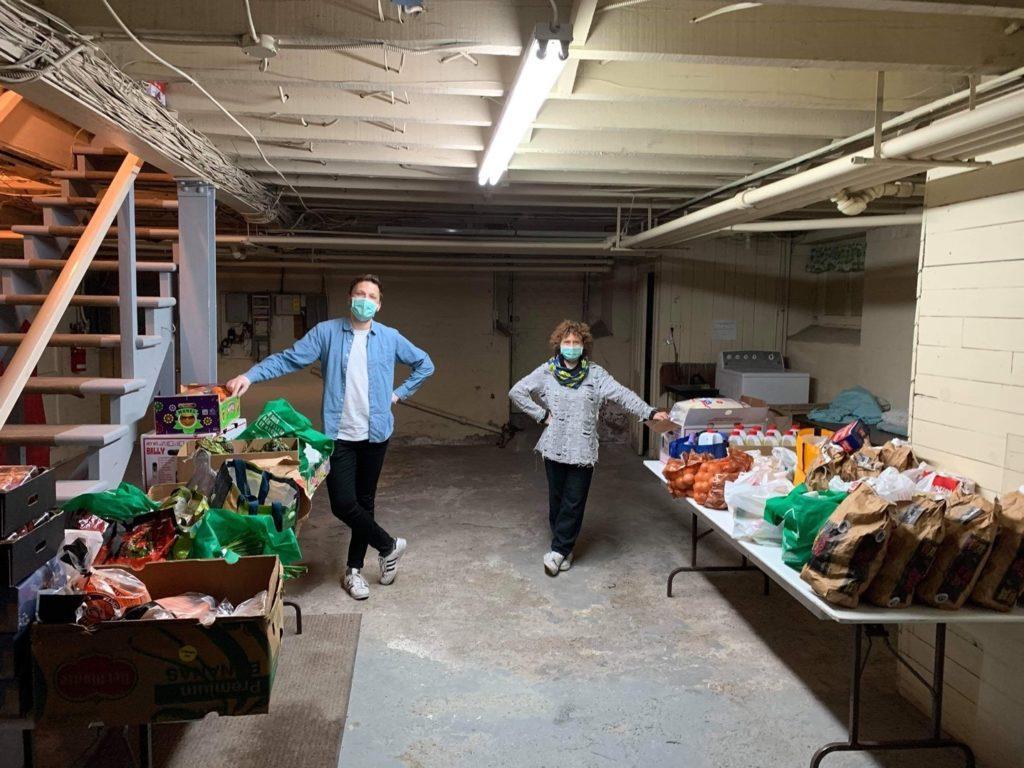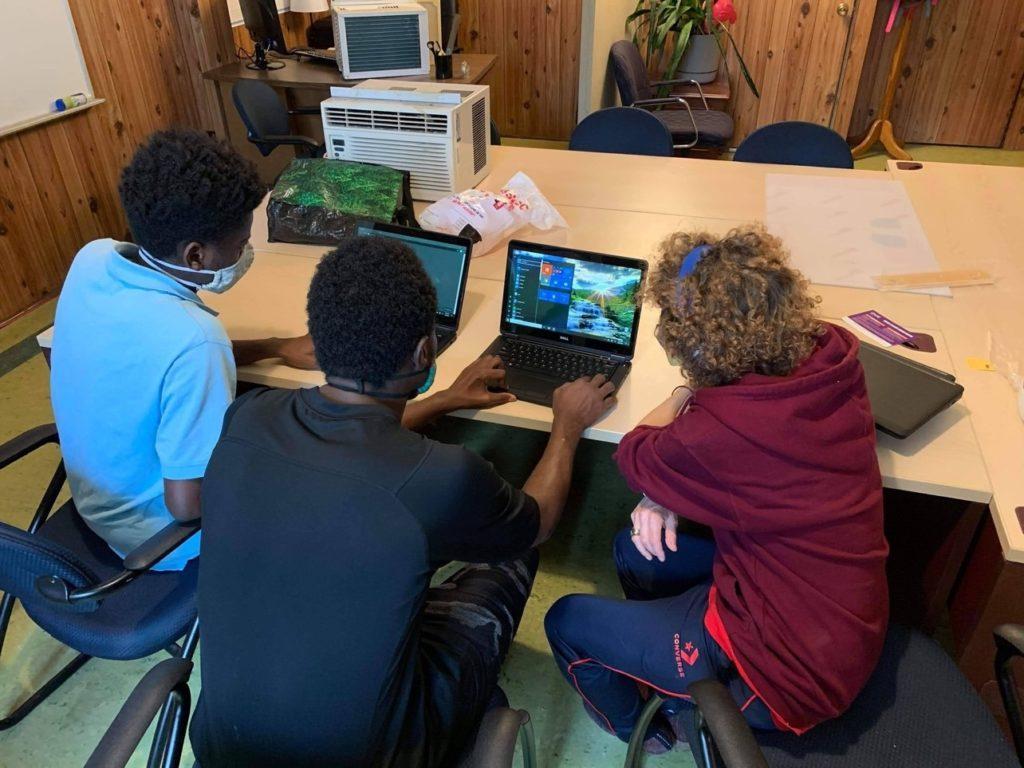
June 2020, Montreal, Quebec. A community-based organization, Le Pont (in English, ‘The Bridge’) collects and delivers computer goods and food baskets for asylum seekers in the Greater Montreal area. Their goal? Responding to the most pressing needs of this category of vulnerable migrants and making sure they did not become isolated during the lockdown. Like many other community-based organizations (CBOs) and non-governmental organizations (NGOs) across the globe, the frontline workers (all volunteers) of Le Pont reacted to the COVID-19 pandemic by quickly reorganizing the services they offer to the most vulnerable. This prompt reaction, which ensured the continuity of service, should not go unnoticed nor undocumented. In fact, it should be taken as an opportunity to learn important lessons. The celebration of World Refugee Day (20 June) provides a good opportunity to reflect on this.
While we know that frontline health workers have been particularly affected by the pandemic, given their involvement in saving the lives of COVID patients, there is still very little literature on how the pandemic may have impacted people working or volunteering for CBOs and NGOs, or the instrumental role they have played in responding to pressing needs such as for food, housing, literacy, etc.
Given what we know about the determinants of health, and what we now know about how the pandemic has magnified health inequalities (see here and here), with the most vulnerable (migrants in particular) being disproportionately affected, the question is what would have happened if CBO and NGO workers and volunteers had not been there?
Without discounting the capacity of migrant populations to cope with the pandemic themselves, one thing the past year taught us, is the importance of community-based action. Among vulnerable groups in particular, the responsiveness of such action has had a protective impact, even in very challenging contexts. As you can imagine, the pandemic had an impact on both migrant populations (increasing their vulnerability) and frontline workers in CBOs. According to a recent Montreal survey, the latter overwhelmingly (96.3 % (n=369)) had to adapt and transform their modes of intervention due to the increased vulnerability of migrant populations, but also as a consequence of public health restrictions. In Montreal and elsewhere, CBOs played a pivotal role in both infection prevention and social protection, by raising awareness and providing access to reliable, multilingual information on COVID-19, and by centralizing data on the availability of food banks, providing food baskets, psychosocial support, and information on screening and access to care related to COVID-19. Clearly, it is time for policymakers, researchers and funders to turn their attention towards CBOs, and it is time for them to examine the responsive, creative initiatives implemented by these organizations in conjunction with public institutions, whether they’re co-constructed with them or not.
Intersectoral action combines public health, social, and community services in a clever, coherent fashion, and it has time and again been brought up as an approach that can be leveraged for combatting health inequalities. For instance, a Canadian systematic review has shown that collaborations between health institutions and CBOs significantly enhance access to services for marginalized populations. Yet, this sort of collaboration is rarely endorsed or implemented at large scale, and when it is, like in Quebec – at least on paper – only institution-based public services are brought together within a provincial network of social and health services. CBOs and NGOs are deemed to be merely ‘partners’ of the network. In France, there is no such network in place, and most CBOs and NGOs are even less integrated into the ‘formal public network of services.
In addition to making perfect sense in “normal times”, intersectoral care provision is also considered a “best practice” in the response to pandemics. It can be especially helpful in light of the intersection of issues related to racism, ethnic minority status, and sexism. For this reason, community-engaged programs and community-based participatory research should be encouraged, to expand the knowledge base on the impacts and processes at play in CBO/NGO responsiveness, in the health crisis we have witnessed. Looking at their (novel or renewed) connections to, and collaborations with public institutions during this pandemic is also vital, particularly with regards to preparing for future health crises. In addition to this, even beyond emergency contexts, key lessons learnt from this would help to build evidence-based arguments for intersectoral action. This would inform policymakers about the relevance of building bridges acrosssectors for the benefit of migrant populations.
